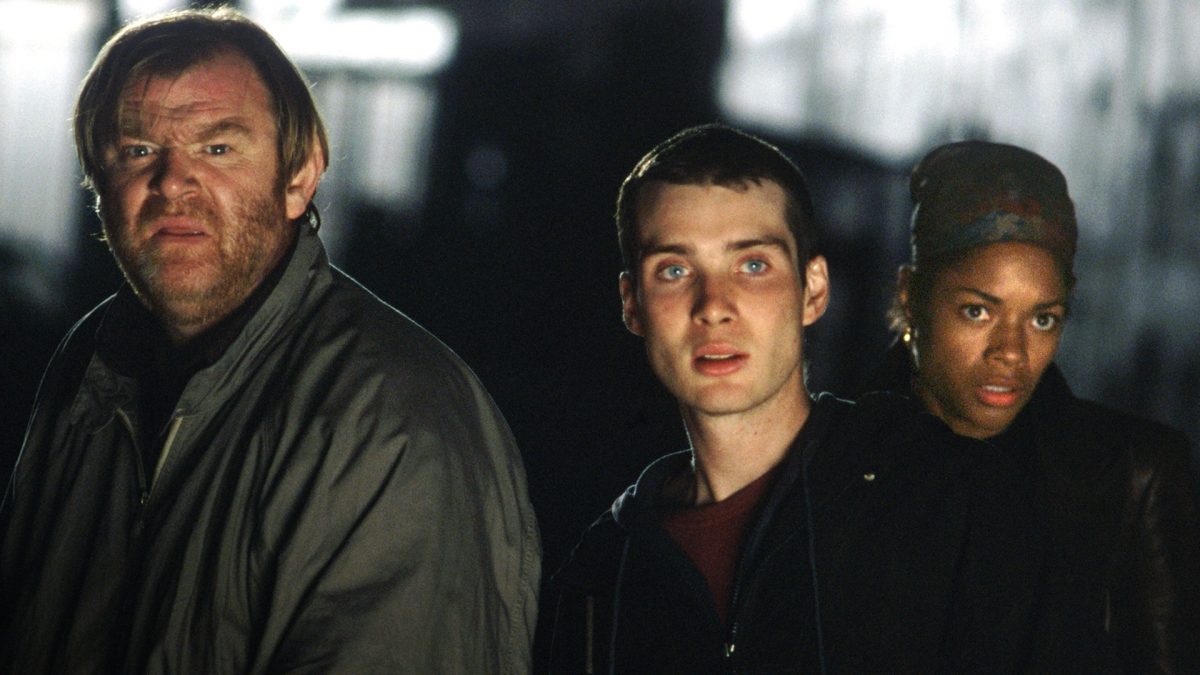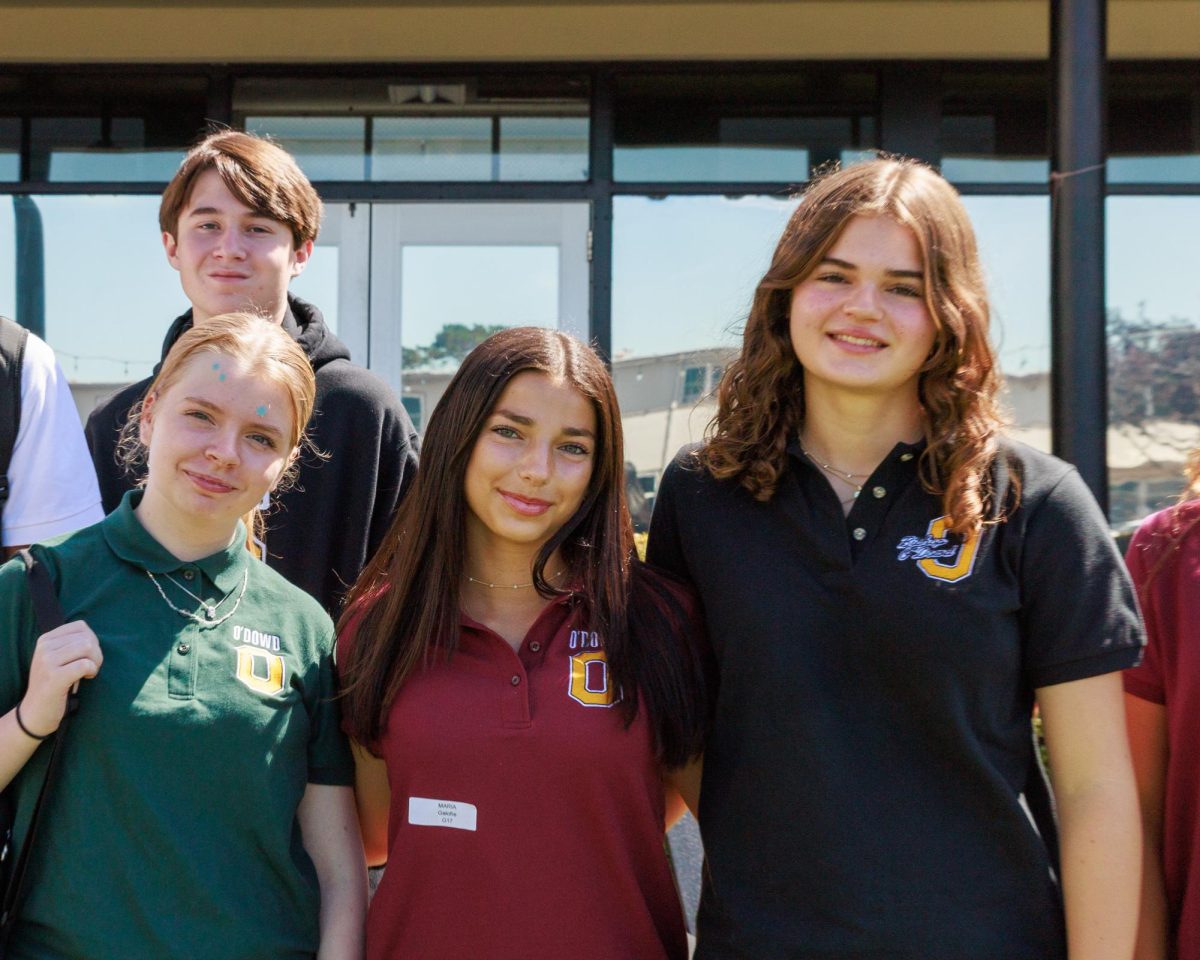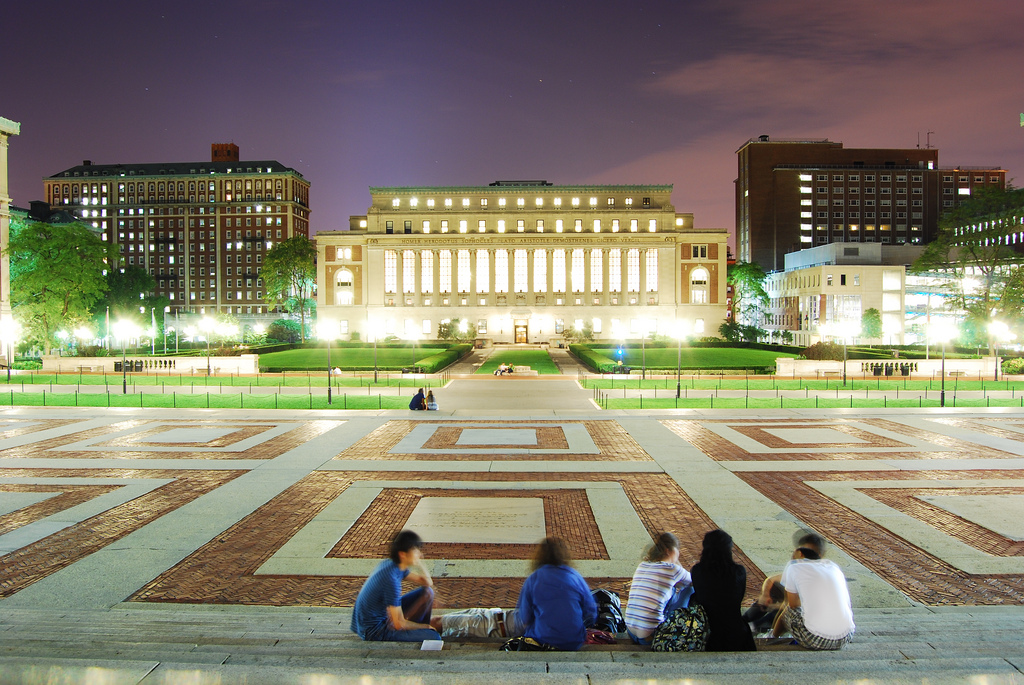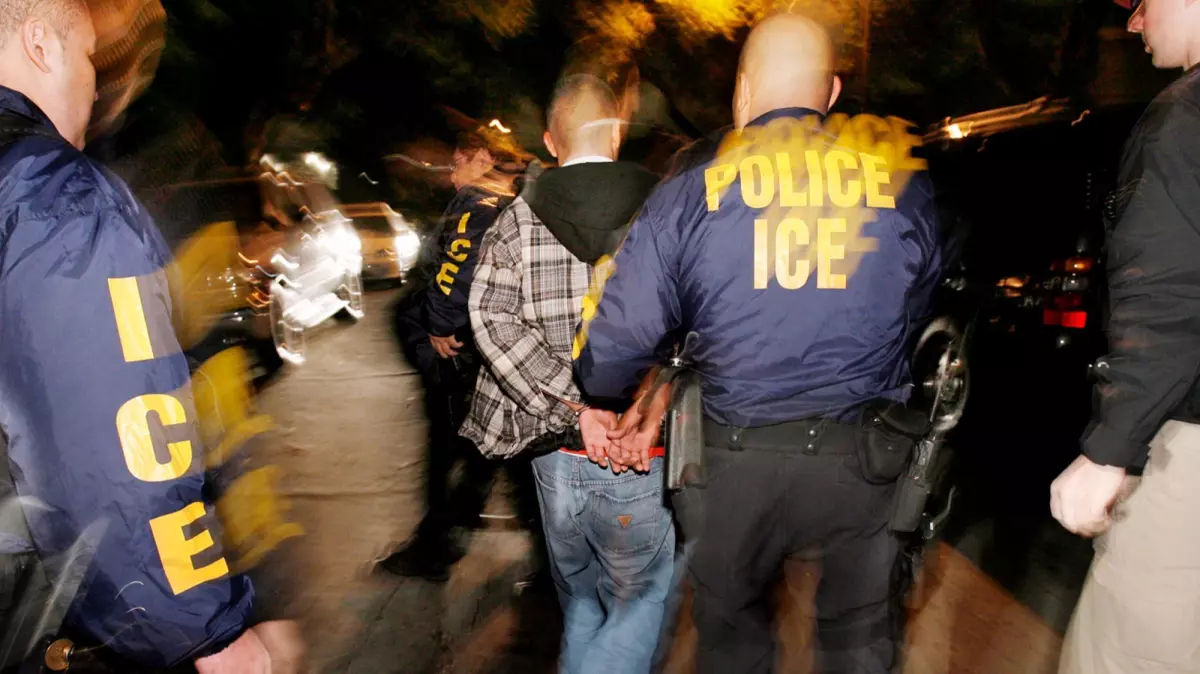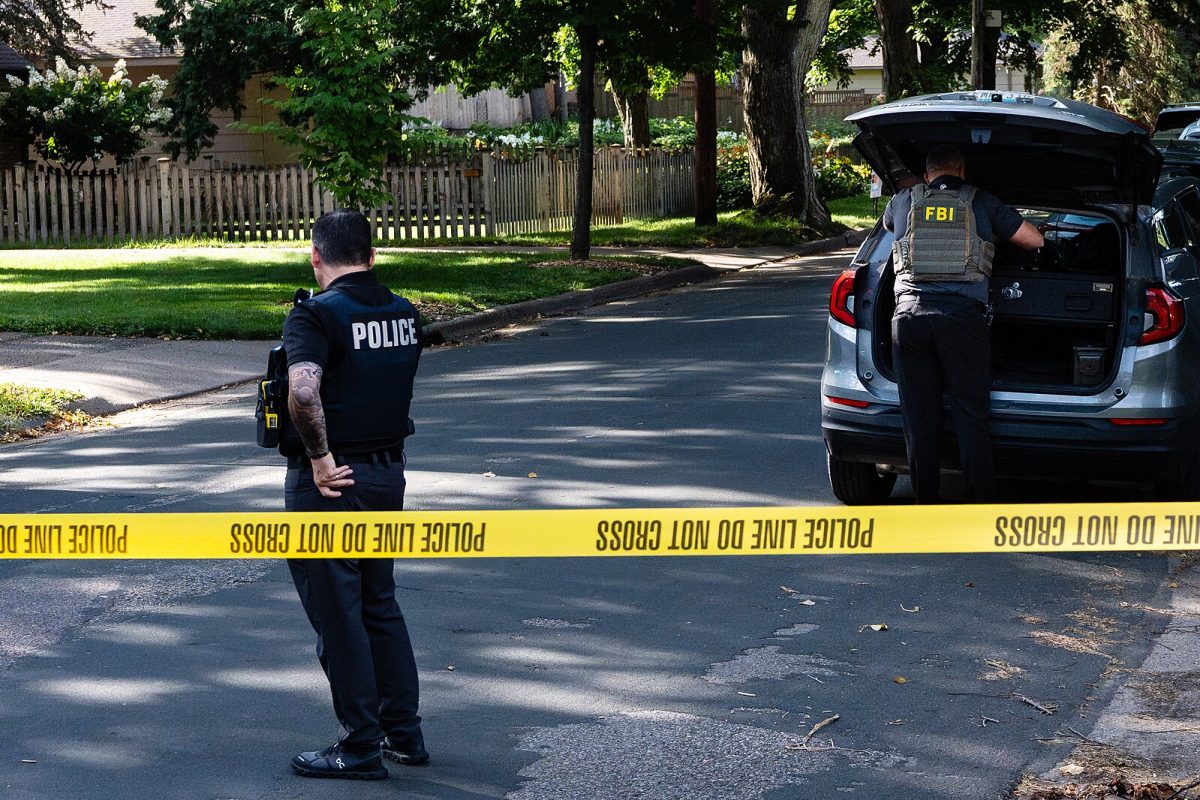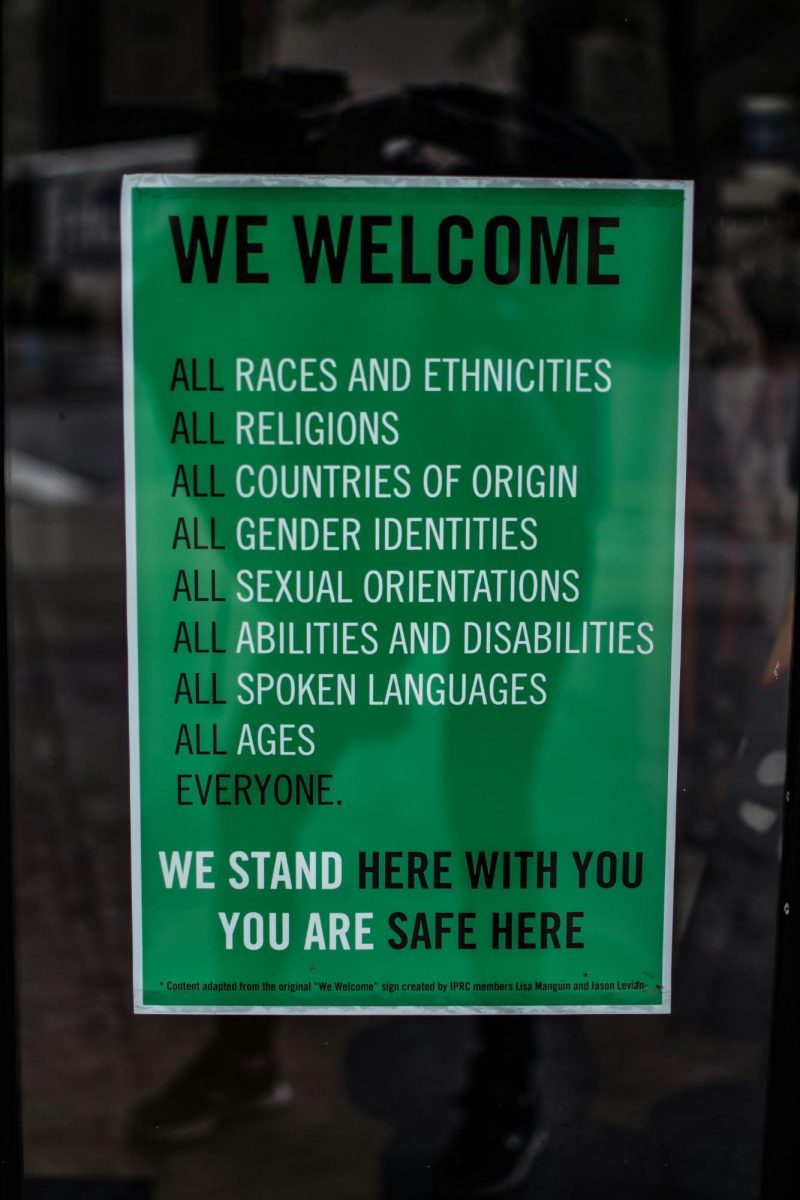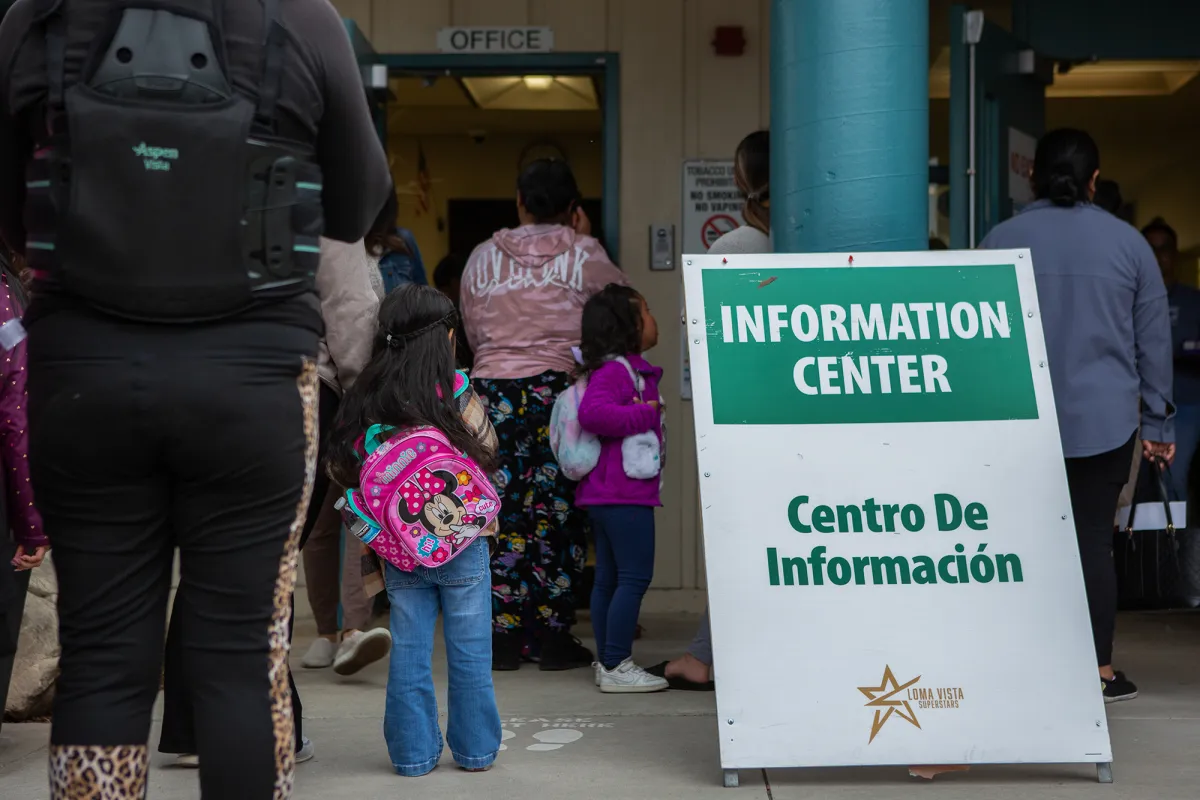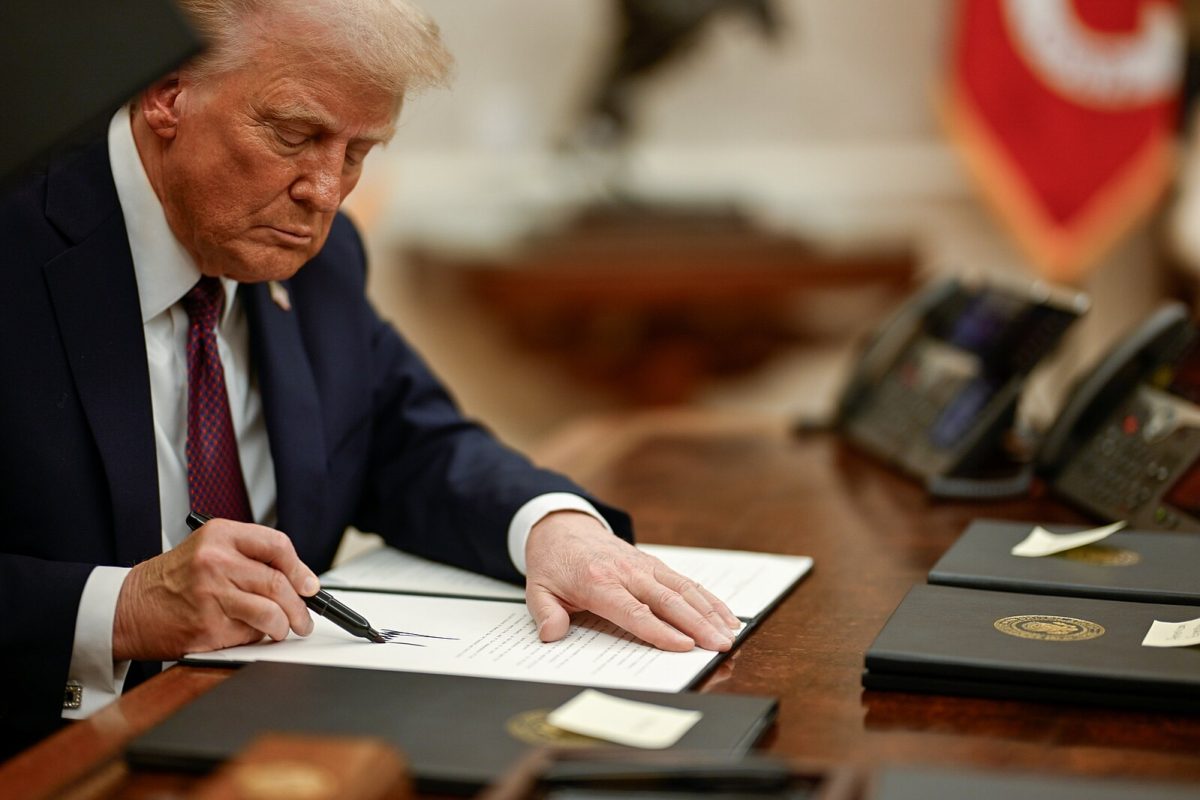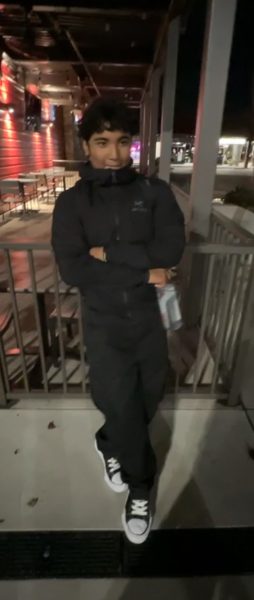For many high school seniors, the college application process is filled with excitement but also a lot of anticipation. However, for the Class of 2025 at Bishop O’Dowd High School in Oakland, California, the results of the 2024 election have given a new layer of complexity and introspection as students consider where they’ll spend the next four years. For some, the political climate and policies in different states have become deciding factors in their college choices, shaping their decisions in ways they hadn’t thought of before.
Una Lake, a senior at Bishop O’Dowd, shared her experience of the political shifts that she faced during the election. Early in her college application process, Lake applied Early Decision to Washington University in St. Louis, Missouri, a state known for its restrictive abortion laws following the overturning of Roe v. Wade. Her decision to apply to a school in Missouri came with a great deal of consideration, especially as the 2024 election unfolded.
“I was very closely following one particular Missouri amendment,” Lake explained. “It didn’t fully lift the restrictions, but it made abortion and women’s healthcare a bit more accessible. Still, I had to think about what it would mean for my safety and access to healthcare if I ended up there.”
Lake’s approach to managing these concerns reflects a level of pragmatism. She has started researching healthcare resources both in California and in St. Louis, preparing for the challenges she might face if she ends up attending a school in a state with restrictive healthcare policies.
Despite her worries, Lake emphasized that her decision to apply to Washington University wasn’t taken lightly. “For me, the pros of the school outweighed the cons, even if one of those cons was healthcare access,” she said. Her experience highlights a growing trend among students carefully weighing their educational aspirations against the realities of living in a politically conservative state.
Many of Lake’s peers, however, have opted to avoid applying to schools in states with restrictive policies altogether. “When I was applying, I was particular about choosing colleges that weren’t in the South or Midwest,” Lake noted. “It’s not just about political climates but also about my safety as a woman in day-to-day life.”
For Jack Joyce, another senior, the 2024 election solidified the importance of aligning his college choice with his personal values and morals. “While I don’t know yet where I’ll be admitted, the political climate of the college’s location may be a factor in my decision,” Joyce said. His main concern lies in the divisiveness of the current political climate.
“Currently, it feels less like a debate over different approaches to solving problems and more like a fundamental disagreement about what even constitutes a problem,” Joyce said. “I don’t think I could feel happy in an environment where the majority of people around me hold views that conflict with my core values.”
Joyce’s beliefs reflect a broader sense of caution among young people navigating a divided nation. The growing emphasis on finding a college environment that aligns with one’s values shows the importance of community and shared beliefs for many students.
As Bishop O’Dowd seniors finalize their college plans in the coming months, it’s clear that the 2024 election has left a mark on their decision-making processes. For some, like Lake, it means preparing to face challenges while pursuing their goals in politically complex environments. For others, like Joyce, it means prioritizing backgrounds where they feel their values and freedoms will be respected.
Overall, this generation of students is showing a fine understanding of how national politics align with personal choices. Their stories add to their resilience and determination to navigate this new unfamiliar divide within politics all while keeping their futures and their values.





